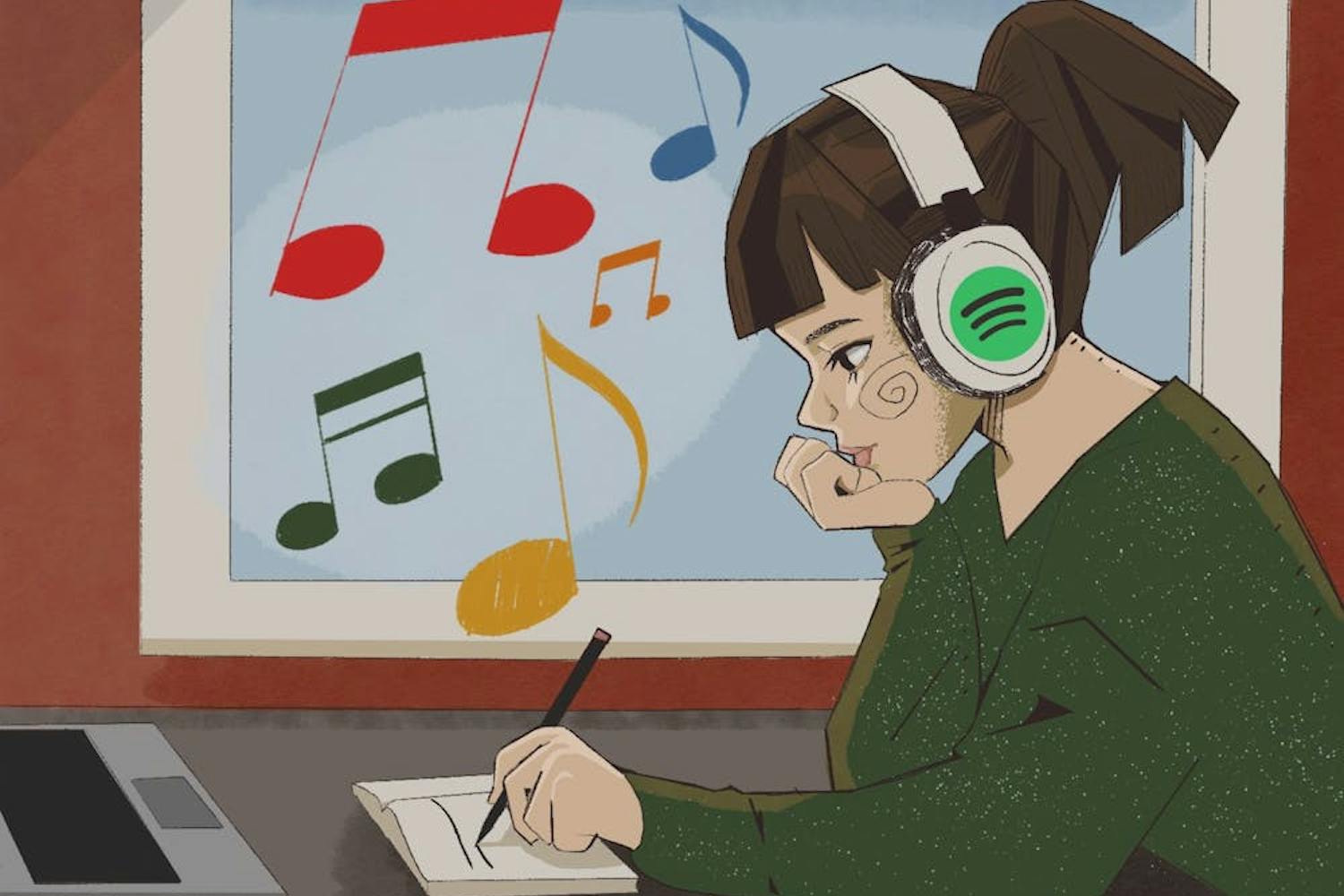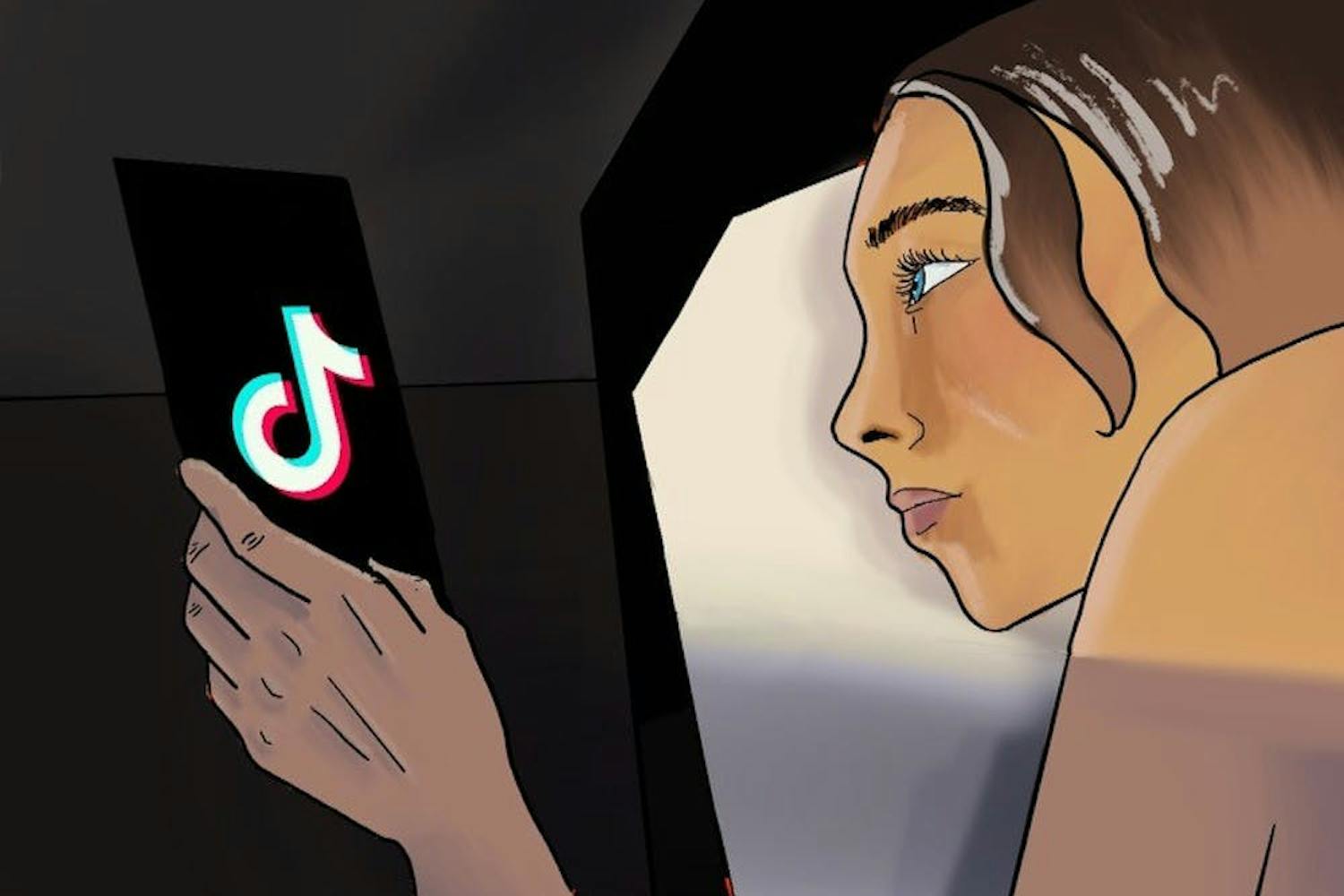Fans of Jethro Tull have the opportunity to witness Ian Anderson showcase the complete “Thick As A Brick” and “Thick As A Brick 2” on July 10. Bandmates Florian Opahle, John O’Hara, Scott Hammond and David Goodier will accompany him at the Phoenix Symphony Hall. Tickets can be purchased through ticket master.
The distinguished musician has dazzled audiences across Europe with his well-crafted songs. The State Press had the opportunity to speak with Anderson about the evolution of British music.
The State Press: How do you believe that rock has evolved since the ‘60s?
Ian Anderson: Since I first became involved with music as a schoolboy, it has evolved a great deal. I was 9 when Bill Haley and (Elvis) Presley became known to the British audience. There was an enormous amount of change then. Since the '70s, there have been technological changes. The great years of rock were between the mid-'60s to mid-'80s, if you include some of the pop elements. The last 25 years haven’t been anything like that. You can’t have evolution forever. Rock is the music of the ‘60s, ‘70s and ‘80s.
SP: What are your thoughts of the current British invasion in music?
IA: I wish that they had some originality. Everyone loves Adele, because she’s generic. She’s a big girl, and we’re drawn to people who don't perhaps have the classic good looks. We want them to succeed. She and many of those pop singers are clones of what has been done before. It represents some growing generation. They have ownership of that new fresh face, and I don’t think it really stacks up. ... I like the wacky weird people who don’t sound like the others. If you want a wacky person that is creative, there’s David Bowie. He’s on the crest of a new album, which is very welcoming. It’s great to see people who can come back.
SP: Jethro Tull changes its genre every couple years. Why is that?
IA: I’m a restless soul. I like to explore different possibilities. I don’t want to settle. My influences are classical, folk, jazz and blues. We have a lot of influences that run through the songs. They (band members) brought their own musical differences to the table, and you have to factor in how the bandmates interpret their music. It always sounds a bit different.
SP: What influenced your decision to go solo?
IA: It’s primarily with the repertoire that I’m doing. If it’s a string quartet or something more project related, I tend to use my own name. If it’s generic, Jethro Tull is fine. I tend to work in project terms. If people see Jethro Tull, people expect two hours of the best songs. In a way, you have to position yourself intelligently. I’m a breakfast cereal with two kinds of packaging. I come with fruit and nuts, or high fiber. You choose.
SP: Can fans expect a reunion in the future?
IA: That’d be quite crowded. I’ve been playing with the current (band members) for 10 years and I’m happy to spend my time with them. They’re a good bunch of people. I don’t think I want to turn the clock back with people who don’t necessarily play music anymore.
SP: What are some interesting facts about you that people would not originally guess?
IA: I don’t have a driver’s license, because I prefer public transport. I don’t like being responsible for machinery that could kill people. Also, my son-in-law is in “The Walking Dead.” He never tells me anything about the show, though. The cast is sworn to secrecy.
Reach the reporter at lrogoff@asu.edu
CORRECTION: Because of a reporting error, a previous version of this article misquoted Ian Anderson in his response to the question "What are your thoughts of the current British invasion in music?" The quote has since been fixed.



